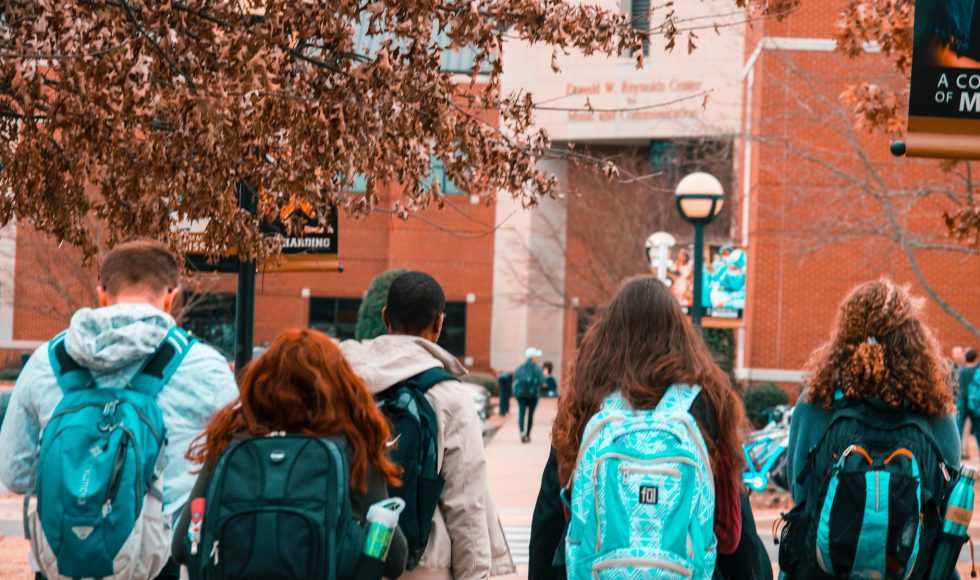The keynote for the second day of the CAST UDL Symposium was entitled “Meaningful Co-Creation: Supporting Student Voice in the Classroom & Beyond” and featured Ninah Jackson. Before the keynote, Elisa Torres spoke about their experience as a learner in different courses and teachers in the Dominican Republic and stated: “learner voice helps us test our hypothesis.” Torres asked the audience to reflect on where and when we feel heard. Then, Torres introduced the keynote speaker, Ninah Jackson, who is the Organizing Coordinator of Student Voice, a national organization. Jackson did a really unique and thoughtful invitation for engagement I reproduce below:
- Bring joy and curiosity.
- There is no right answer or place we have to arrive; we are all learning and. co-creating together.
- We’ll move at the speed of trust (permission to be HONEST, no pressure to be anywhere other than exactly where you are)
- We hold the same high bar for youths and adults (adults shouldn’t make asks/affirmations etc. that don’t reflect engagement that mirrors that of their adult colleagues)
- Use your voice in the chat.
Ninah Jackson is a second-year college student and youth organizer. They have been very involved with student government and education. Jackson asked a series of questions about being respected and heard in school by adults. One prompt I really liked was: “My ways of knowing and understanding the world were valued there.” Jackson shared a quote from the book Street Data by Shane Safir and Jamila Dugon: “By choosing the margins as the starting point for our… conversations – those quiet places where the hopes, dreams, and stories of our most disenfranchised students and families live – we invert the pyramid, shift the dynamics of power, and bring children to the center of educational discourse.” Jackson spoke about the student voice ladder and also situations with manipulation, decoration, and tokenism. For tokenism, Jackson warned that there is no singular student voice. Jackson also spoke about dominant student voices: who participates in student leadership? Does cultural capital play a part in who is more involved? Jackson asked tough questions about adults, learners, and positionality! The keynote ended with a working agreement screen sharing Jackson’s thoughts on how young people and instructors can work together as partners.



